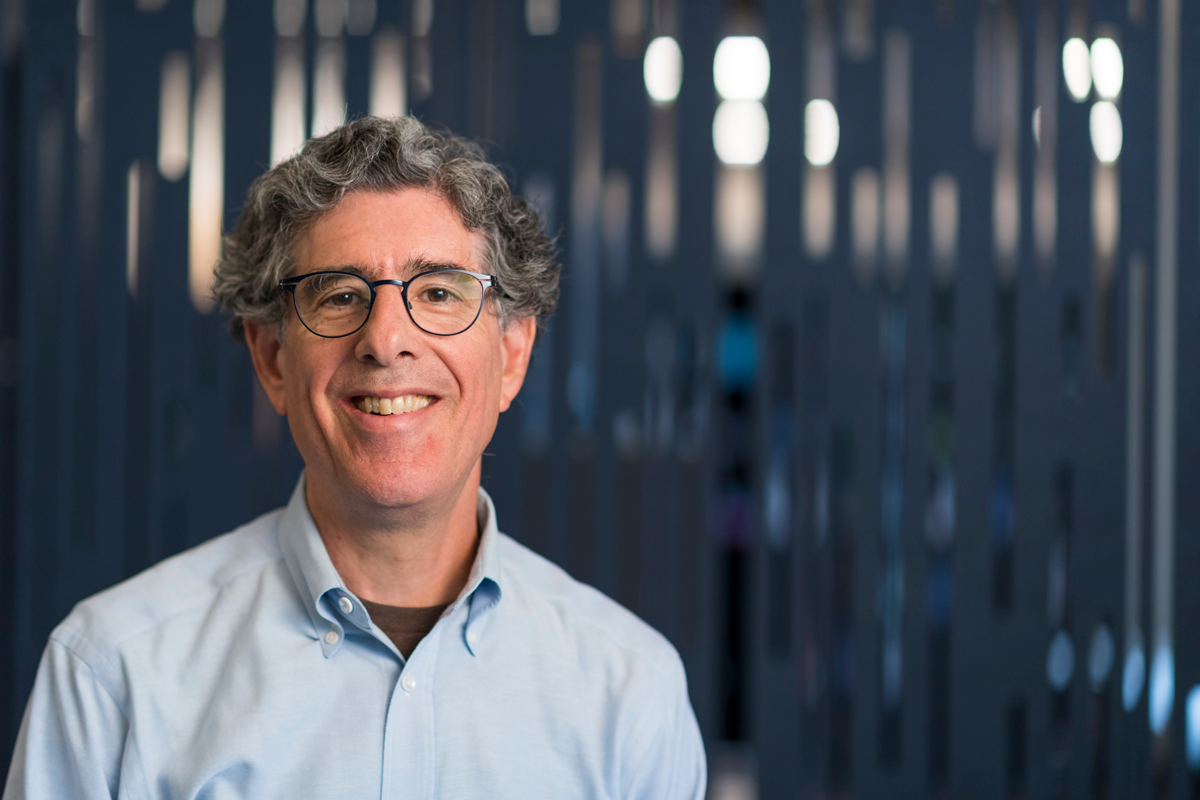
This talk will consider scientific evidence that suggests that we can change our brains by transforming our minds and cultivate habits of mind that will improve well-being. These mental training strategies can be used to improve the well-being of individuals and ultimately communities. The talk will provide an overview of neuroscientifically validated constituents of well-being and will illustrate how each of these is rooted in specific brain circuits that exhibit plasticity and thus can be modified through training. These practices can be applied in a wide range of contexts and have the potential to positively impact social change.
About Speaker
![]()
Richard J. Davidson, PhD
William James and Vilas Research Professor of Psychology and Psychiatry and Founder & Director of the Center for Healthy Minds, University of Wisconsin-Madison.
He received his Ph.D. from Harvard University in Psychology and has been at Wisconsin since 1984. He has published more than 400 articles, numerous chapters and reviews and edited 14 books. He is the author (with Sharon Begley) of “The Emotional Life of Your Brain” published by Penguin in 2012. He is co-author with Daniel Goleman of “Altered Traits: Science Reveals How Meditation Changes Your Mind, Brain, and Body”, published by Penguin Books in 2017.
He is the recipient of numerous awards for his research including the William James Fellow Award from the American Psychological Society. He was the year 2000 recipient of the most distinguished award for science given by the American Psychological Association – the Distinguished Scientific Contribution Award. He was the Founding Co-Editor of the new American Psychological Association journal EMOTION. In 2003 he was elected to the American Academy of Arts and Sciences. He was named one of the 100 most influential people in the world by Time Magazine in 2006. He serves on the Scientific Advisory Board at the Max Planck Institute for Human Cognitive and Brain Sciences from 2011-2020 and current member of the World Economic Forum’s Global Agenda Council on Mental Health. In 2017 he was elected to the National Academy of Medicine and in 2018 appointed to the Governing Board of UNESCO’s Mahatma Gandhi Institute of Education for Peace and Sustainable Development (MGIEP).
His research is broadly focused on the neural bases of emotion and emotional style and methods to promote human flourishing including meditation and related contemplative practices.
